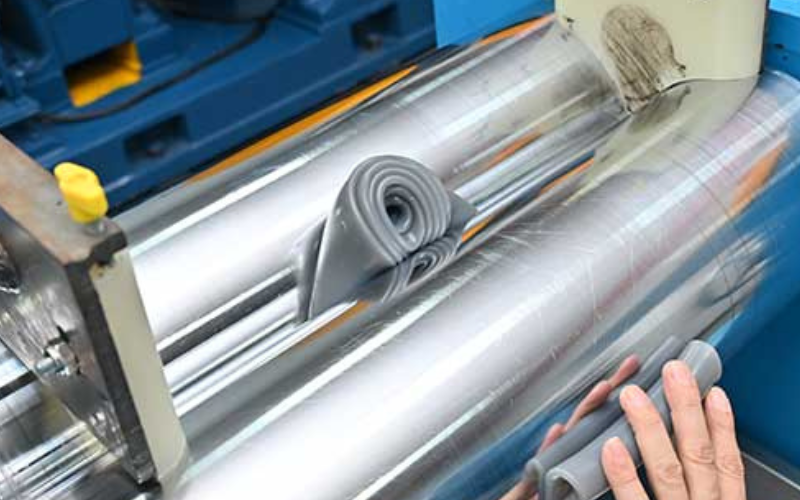Are you struggling to find a silicone rubber that performs well in low-temperature environments? Do you need a material that remains flexible and durable even in harsh conditions? Many businesses face these challenges when choosing materials for their products. The solution might be low temperature vulcanized silicone rubber. This material offers unique benefits that can meet your specific needs.
Low temperature vulcanized (LTV) silicone rubber is a type of silicone that cures at lower temperatures compared to traditional silicone rubbers. This means it can be processed more quickly and with less energy, making it ideal for various industrial applications.
Understanding how this silicone works and its benefits can help you make better decisions for your products. Keep reading to discover more about this versatile material.
What are the Benefits of LTV Silicone Rubber?
LTV silicone rubber offers several advantages that make it a preferred choice for many industries. It remains flexible at low temperatures, has excellent thermal stability, and is resistant to chemicals and UV radiation. These properties make it suitable for applications in automotive, electronics, and medical devices.
When you use this type of silicone rubber, you can expect improved performance and longevity in your products. This can lead to cost savings and higher customer satisfaction.
How is Low Temperature Vulcanized Silicone Rubber Made?
The manufacturing process involves mixing silicone with a vulcanizing agent and curing it at lower temperatures. This process is faster and more energy-efficient than traditional methods. Vulcanization is the process of cross-linking polymer chains, which enhances the material’s properties Source.
The result is a material that is strong, flexible, and able to withstand extreme conditions. You can customize the formulation to meet specific requirements for your products.

Why Choose Low Temperature Vulcanized Silicone Rubber?
Choosing the right material for your products is crucial. Low temperature vulcanized silicone rubber provides several benefits:
- Flexibility at Low Temperatures: Remains pliable and functional even in freezing conditions.
- Thermal Stability: Can withstand high temperatures without degrading.
- Chemical Resistance: Resistant to many chemicals, making it suitable for harsh environments.
- UV Resistance: Does not deteriorate when exposed to sunlight.
These properties make it an excellent choice for industries that require reliable and durable materials.
What Applications LTV Silicone Rubber Used?
This silicone rubber is used in various applications:
- Automotive Parts: Such as gaskets, seals, and hoses that need to perform in extreme temperatures.
- Electronics: Components that require insulation and protection from harsh conditions.
- Medical Devices: Products that need to be flexible, durable, and safe for use in various environments.
Conclusion
Low temperature vulcanized (LTV) silicone rubber offers numerous benefits for industries requiring durable and flexible materials. Its ability to remain functional in low temperatures, combined with thermal stability, chemical resistance, and UV resistance, makes it a superior choice for many applications. Consider using this material to enhance the performance and longevity of your products.
That’s it. If you have any questions or need further information, feel free to contact us. We’re here to help you make the best decisions for your business.
Sources:
What is Silicone Vulcanization
High Temperature Vulcanizing Silicone Rubber